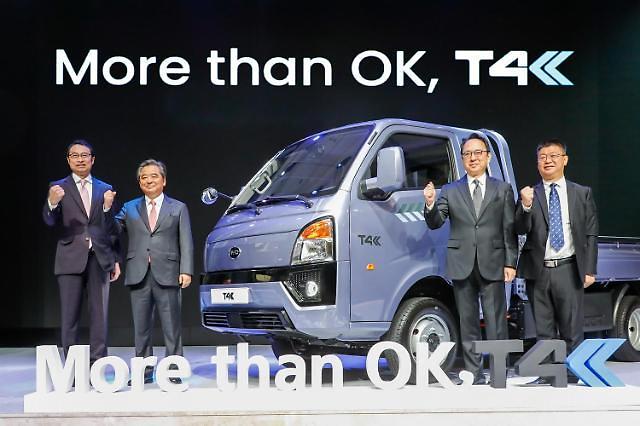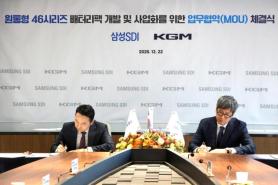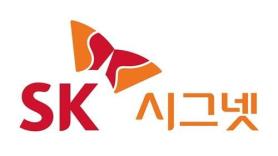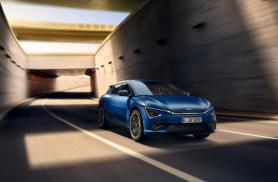
[Courtesy of GS Global]
While pickup trucks are favored in the North American and South American markets, one-ton-class and 1.5-ton-class trucks are favored by deliverymen, farmers, and small and medium-sized enterprise (SME) operators who frequently need to move small and medium-sized cargo. Trucks made by Hyundai and Kia are popular among drivers because they are sturdy enough to withstand the overloading of cargo and have a nationwide network of service centers.
In a bid to reduce air pollution in the central city area, Seoul began regulating old diesel cars from entering designated "Green Transport Areas" in 2019. Class-5 diesel cars that emit more than 0.56 grams of nitrogen oxide and hydrocarbon per kilometer are slapped with a fine of up to 200,000 won ($151) every time they enter the green zones.
Hours after 9:00 p.m. and 6:00 a.m. are exempted from the constant crackdown. Other local city and provincial governments including the southern port city of Busan followed Seoul's initiative and started to regulate the access of old diesel cars to designated green areas. However, the crackdown on old diesel cars forced business operators and deliverymen who have to enter the green zones with their trucks to change their old trucks to electric trucks that cost about 45.5 million won. Government subsidies of about 14 million won are provided for each electric truck.
GS Global, the overseas trading arm of South Korea's GS Group, unveiled BYD's "T4K," a one-ton-class truck capable of driving up to 246 kilometers (152 miles) on a single charge, for the first time during a showcase event held on April 6. Currently, South Korean one-ton and 1.5-ton-class truck markets are dominated by Hyundai's Porter electric trucks and Kia's Bongo electric trucks. While the homemade trucks will be about three million won cheaper than BYD's T4K, the Chinese electric truck has about 35 kilometers longer driving distance than its South Korean rivals.
Previously, various Chinese EV makers have made a foray into South Korea's electric truck market but they all failed to receive consumers' attention because they lacked the number of service centers. Customers found it hard to repair and obtain necessary parts whenever they were needed and the foreign-made electric trucks were soon shunned in the country where Hyundai and Kia repair centers can be easily found even in rural areas.
Also, the government requirements for subsidies provided for electric trucks hinder foreign contenders from gaining their foothold in the South Korean market. The government requires an EV company to have official and affiliated service centers as well as an electronic repair service management system in order to receive full support money of up to 12 million won.
According to GS Global, BYD partnered with GS Global and Kakao Mobility, the mobility service wing of web service giant Kakao, to exclusively develop T4K for the South Korean market. The company will set up a network of service centers across the country as well as the repair data management system.
Copyright ⓒ Aju Press All rights reserved.




